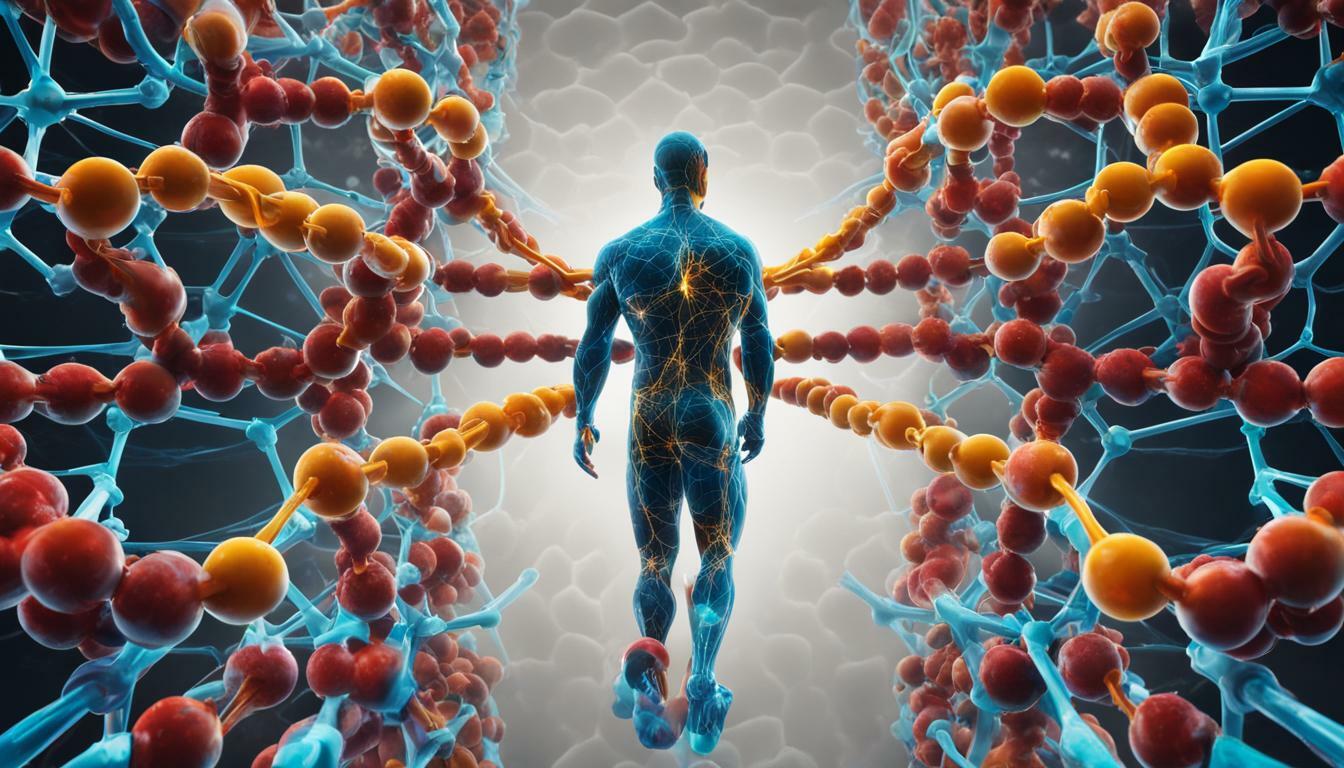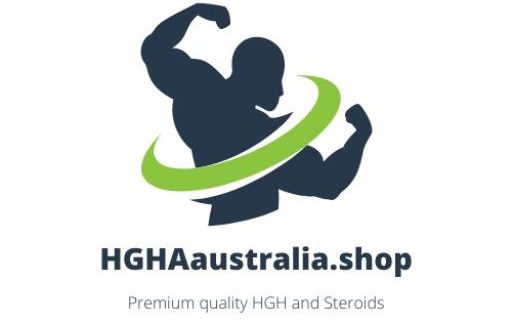
Human Growth Hormone (HGH) and testosterone are two of the most powerful anabolic hormones in the human body. Both are pivotal in muscle growth, fat metabolism, recovery, and overall vitality—making them popular topics in sports performance, anti-aging medicine, and hormone replacement therapy.
A frequent question arises in this context: Does HGH increase testosterone? Given their intertwined roles in physiology, it’s a logical inquiry but the answer is more nuanced than many assume. This article dives into the current research to clarify the relationship between HGH and testosterone, separating fact from widespread misconception.
Understanding Human Growth Hormone (HGH) and Testosterone
To understand their interaction, it’s important to grasp what each hormone does independently.
| Hormone | Produced By | Primary Functions |
|---|---|---|
| HGH | Anterior Pituitary Gland | Stimulates growth, cell regeneration, metabolism, and tissue repair |
| Testosterone | Testes (in males), ovaries/adrenals (in females) | Regulates muscle mass, strength, libido, mood, and secondary sexual characteristics |
Though their functions overlap in areas like muscle development and energy metabolism, they act via distinct biological pathways (Better Health Channel).
Scientific Insights on HGH’s Effect on Testosterone Levels
A key takeaway from the literature is that HGH does not directly increase testosterone levels.
- Testosterone plays a role in regulating growth hormone secretion, particularly through the hypothalamus (Journal of Endocrinology).
- HGH, on the other hand, stimulates insulin-like growth factor 1 (IGF-1) production in the liver, which mediates many of its anabolic effects independently of testosterone (AJP Endocrinology).
What the Research Says
| Claim | Evidence |
|---|---|
| HGH increases testosterone | False — No strong evidence supports this (OUP Journal of Clinical Endocrinology) |
| Testosterone increases GH secretion | True — Acts on hypothalamic pathways (Journal of Endocrinology) |
| HGH and testosterone work synergistically | True — Together they enhance protein synthesis and muscle hypertrophy |
| HGH’s muscle effects rely on testosterone | Partially — IGF-1 mediates much of HGH’s anabolic role independently |
Mechanisms of Interaction Between HGH and Testosterone
HGH Pathways:
- Stimulates the IGF-1 axis, especially in the liver.
- Promotes cellular repair, collagen synthesis, and lipolysis.
- Activates Akt/mTOR pathways for muscle protein synthesis (Source).
Testosterone Pathways:
- Binds to androgen receptors in muscle tissue.
- Increases nitrogen retention, red blood cell production, and muscle protein synthesis.
- Enhances GH receptor sensitivity, increasing its metabolic effects (PMC).
In combination, the two hormones amplify each other’s effects but do not substitute for one another. HGH does not trigger testosterone production on its own.
Effects of Resistance Exercise on HGH and Testosterone
Resistance training is one of the few interventions that can temporarily increase both GH and testosterone levels.
- Acute response: Both hormones spike post-exercise but return to baseline shortly after.
- Long-term adaptation: Consistent resistance training enhances receptor sensitivity rather than permanently raising hormone levels (PMC).
However, testosterone secretion is primarily governed by luteinizing hormone (LH) from the pituitary not by HGH. This distinction is key when considering hormonal therapy strategies.
Clinical and Therapeutic Implications
In adults with GH deficiency, HGH therapy can significantly improve:
- Lean body mass
- Fat oxidation
- Bone density
- Quality of life
But it does not significantly elevate testosterone levels, especially in men with primary or secondary hypogonadism (Journal of Endocrinology).
Similarly, testosterone replacement therapy (TRT) is used independently for:
- Treating low libido, fatigue, and muscle loss in hypogonadal men.
- Enhancing GH sensitivity, which can improve outcomes in patients also receiving HGH.
Each treatment targets separate endocrine pathways and must be managed independently.
Common Misconceptions
Despite clinical evidence, misinformation persists especially online and within fitness communities. Let’s clarify:
| Misconception | Reality |
|---|---|
| HGH increases testosterone | False — No direct hormonal stimulation occurs |
| HGH and testosterone have the same effects | Partially false — They overlap but work via separate mechanisms |
| HGH can replace testosterone therapy | False — Each treats distinct hormone deficiencies |
| IGF-1 mimics testosterone effects | Partially true — IGF-1 aids muscle growth but lacks androgenic functions |
Assuming that HGH supplements or injections will boost testosterone may lead to ineffective treatments or even dangerous self-medication practices.
Conclusion
To answer the central question: No, human growth hormone does not directly increase testosterone levels.
However, the two hormones interact synergistically to support muscle growth, tissue repair, and metabolic function. Understanding their distinct yet complementary roles is crucial for anyone pursuing hormone therapy, athletic performance enhancement, or anti-aging interventions.
Ultimately, personalized medical guidance is essential. Hormone levels should be evaluated independently and managed with professional oversight to ensure safe and effective outcomes.
